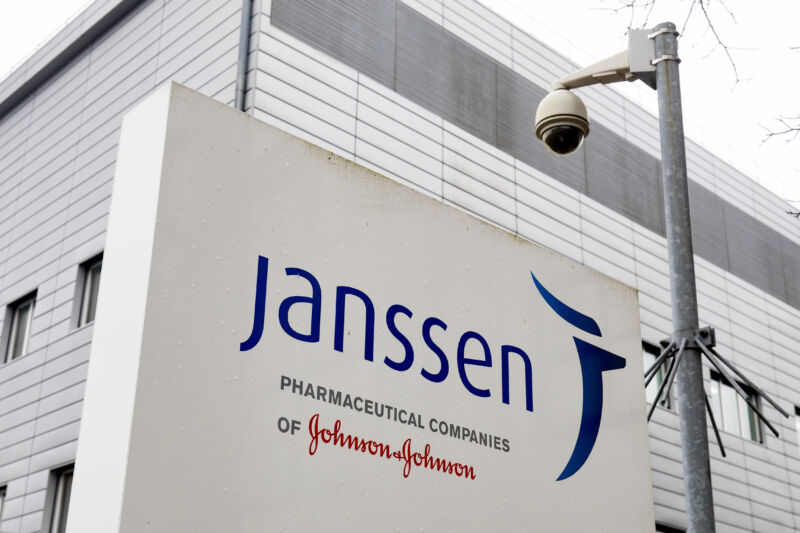
Johnson & Johnson on Thursday announced it has applied to the US Food and Drug Administration for an Emergency Use Authorization for its one-shot COVID-19 vaccine.
If the EUA is granted, the vaccine will be the third authorized for use in the US against the pandemic coronavirus, likely boosting the vaccine supply in the coming months and helping to hasten immunization country-wide.
J&J’s application to the FDA comes just a week after the company revealed top-line results of its Phase III clinical trial, which found the vaccine to be 66 percent effective overall at preventing moderate and severe COVID-19. J&J’s vaccine—made by its vaccine developer Janssen Pharmaceuticals—was 85 percent effective at preventing severe disease. In the trial, severe disease was defined as testing positive for the virus as well as having signs consistent with severe systemic illness, respiratory failure, shock, or organ failure, or being admitted to an intensive care unit, or dying. The company reported that no one who received the vaccine was hospitalized or died during the trial.
Notably, the vaccine’s efficacy differed based on location—the Phase III trial enrolled people in various sites in Argentina, Brazil, Chile, Colombia, Mexico, Peru, South Africa, and the United States. The vaccine’s efficacy against preventing moderate and severe COVID-19 was 72 percent in the United States, 66 percent in Latin America, and 57 percent in South Africa 28 days after vaccination. The finding suggests that virus variants widely circulating in South Africa and Latin America may partly reduce efficacy.
“Simple, effective”
The FDA will now pore over the full data from J&J’s trial, and an advisory committee for the agency will weigh in. The whole process is expected to take several weeks.
Though the top-line efficacy for the vaccine appears relatively low, experts have been quick to champion the vaccine and its prospects of helping to end the pandemic. The previously authorized vaccines—mRNA-based vaccines from Moderna and a partnership between Pfizer and BioNTech—both showed efficacy of around 95 percent in Phase III trials. However, experts argue that J&J’s overall 66 percent efficacy will still go a long way to prevent disease and save lives. The 85 percent efficacy against severe disease and the lack of deaths and hospitalizations in the trial are also extremely positive signs for the vaccine’s utility.
Additionally, J&J’s vaccine, which is an adenovirus-vectored vaccine, has notable logistical advantages. While both the authorized mRNA vaccines require two shots, J&J’s vaccine only requires one, making administration much simpler. It also does not require ultra-cold storage, like the mRNA vaccines, simplifying distribution.
“Our goal all along has been to create a simple, effective solution for the largest number of people possible and to have maximum impact to help end the pandemic,” Alex Gorsky, J&J’s CEO, said in a statement. “We’re proud to have reached this critical milestone, and our commitment to address this global health crisis continues with urgency for everyone, everywhere.”
https://arstechnica.com/?p=1740000

